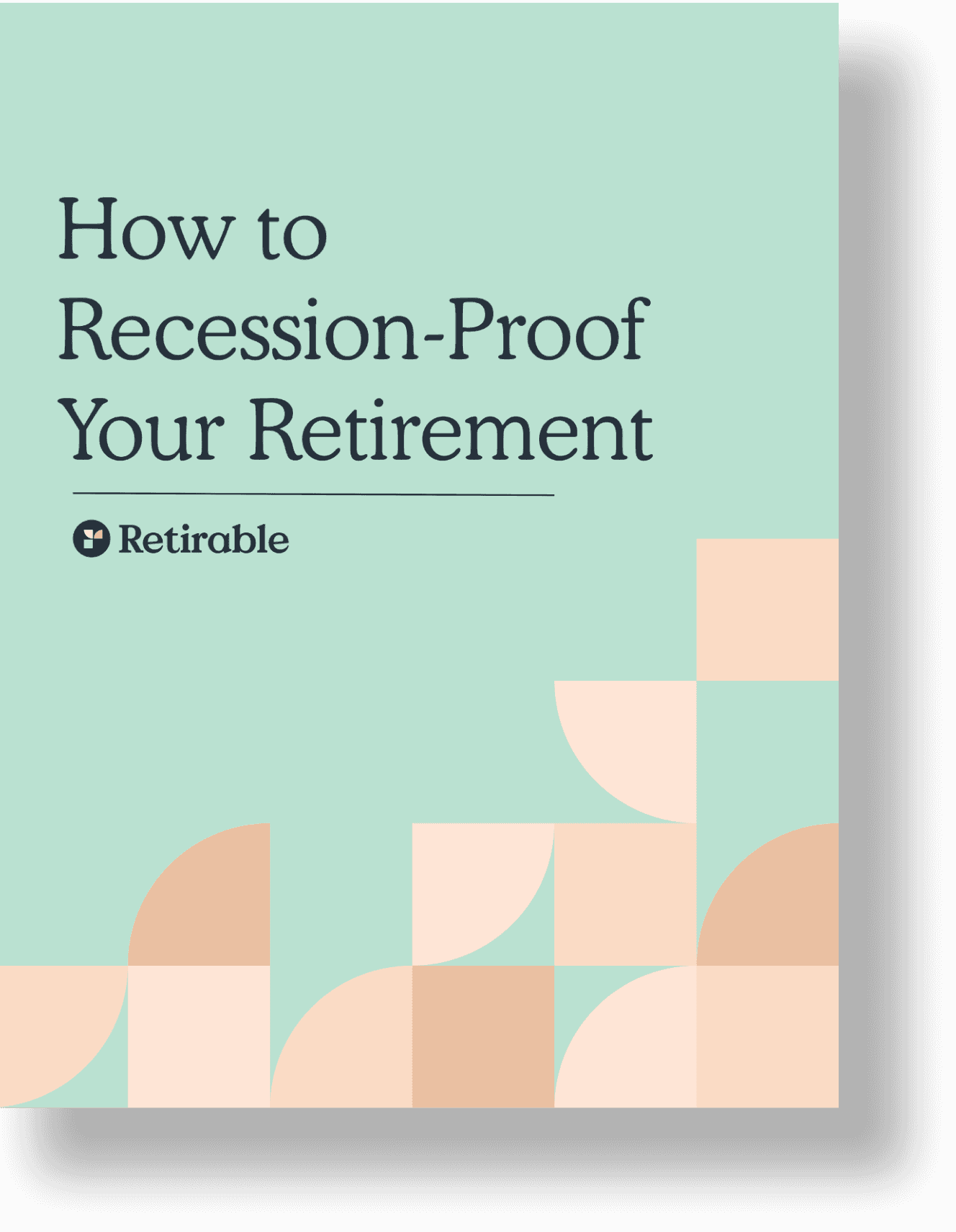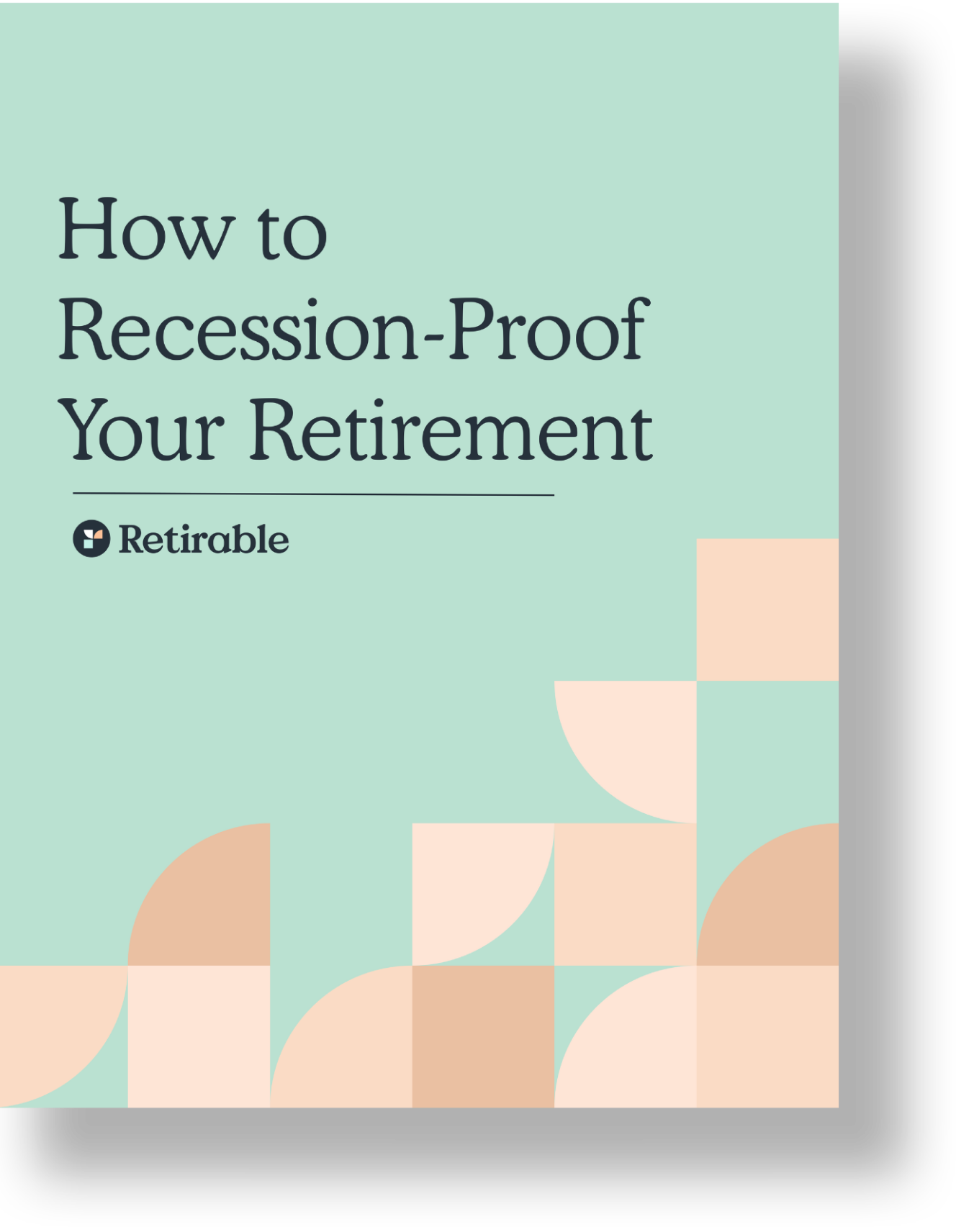Social Security
If your spouse dies and you have reached full retirement age, you’re eligible for 100% of their benefits.

Gail Kellner
•
Published April 6th, 2020
Table of Contents
Key Takeaways
If your spouse dies and you have reached full retirement age, you’re eligible for 100% of their benefits.
If your spouse retired before full retirement age, they received a reduced retirement benefit and you will receive reduced survivors’ benefits.
Children up to age 18 (19 if they’re in school) and dependent parents may also be eligible for survivors benefits.
Losing a spouse is one of the most stressful events you can go through. In addition to the emotional turmoil and grief, you’ll also have to figure out finances. When a spouse dies, the surviving spouse is eligible to receive survivor benefits from the Social Security Administration (SSA). In this article, we�’ll go over the rules and exceptions for receiving these benefits and enable you to build a plan for your survivors benefits.
How your spouse earns Social Security Survivors Benefits
Social Security work credits are based on your total yearly wages or self-employment income. You get one credit quarterly for every $1,470 dollars you earn in 2021, and you can earn up to four credits. Most people make more than $5,880 a year, but four credits is the maximum applied to Social Security benefits. You accumulate benefits your entire working life until you reach full retirement age (between age 66 and 67, depending on when you were born), or FRA. You can start collecting benefits before your full retirement age, but they’ll be reduced.
Social Security survivors benefits are based on a percentage of your spouses’ benefits. If the deceased started collecting reduced benefits before reaching full retirement age, your survivors benefits would be reduced as well. If the deceased died before he/she was eligible to collect, the benefit is based on what they would have received when they retired.
If you can, we suggest waiting as long as possible to elect your benefits, as they increase every year up until age 70.
Does Social Security pay death benefits?
They do. They pay a one-time lump sum payment of $255. The spouse must have lived with the deceased. If there was no surviving spouse, the payment can be made to a surviving child. You must claim this benefit within two years of the death.
Obviously, this amount is not going to take you very far, so let’s look more closely at the monthly benefits.
What happens if the deceased received monthly benefits?
If the deceased was already receiving Social Security benefits, the surviving spouse is eligible to collect 100% of the benefits as long as they are at least 60 and they were married to the deceased for at least nine months. There are exceptions:
- If the deceased died in an accident or died in the line of U.S. Military duty, there’s no length of marriage requirement.
- You can apply for your deceased spouse’s benefits as early as age 50 if you are disabled and the disability occurred within seven years of the spouse’s death.
- If there are disabled children from the marriage, or if there are children under the age of 16, you can apply at any age.
You need to report the death as soon as possible, although sometimes the funeral home will do that for you. Just give them the deceased’s Social Security number.
Who receives benefits?
The following is a list of who is eligible to receive Social Security benefits after someone has died:
- A widow or widower over 60.
- A widow or widower over 50 and disabled.
- Surviving divorced spouses, assuming the marriage lasted at least ten years.
- Widow or widower who is caring for a minor child who is either under 16 or disabled.
- An unmarried child of the deceased who is either younger than 18 (19 if they’re in school full-time), or older than 18 with a disability that began before age 22.
Under some circumstances, others may be eligible to receive the deceased’s Social Security benefits:
- Stepchildren, grandchildren, or adopted children.
- Parents who were dependent on the minor child for support.
Keep in mind that if you already receive Social Security benefits and your spouse dies, you don’t receive two sets of benefits. Social Security will pay you either your retirement benefits or survivor benefits, whichever amount is higher.
Also, if your spouse died young enough that you remarried before you turned 60, you won’t be able to collect a widow/widowers benefit. If you wait until after you turn 60, you can get the benefits. This rule also applies if you were married for at least ten years and get divorced, even if your spouse remarries.
Don't forget about your spouse's other retirement accounts, such as IRAs, 401(k)s, and pension plans. In many cases, these can provide additional income to beneficiries after the account owner passes away.
Survivors Benefit amount
SSA spousal benefits are based on the earnings of the deceased. The longer they worked and the more money they earned over their lifetime, the higher the benefits will be. Survivors benefits are based on a percentage of the deceased person’s Social Security benefit. The SSA lists examples of benefits survivors might receive:
- Widow or widowers, full retirement age (FRA) or older, get 100% of the benefit amount.
- Widow or widower, age 60, spouse was FRA when they died, 71.5 to 99 percent of the deceased’s benefits.
- Disabled widow/widower, ages 50-59, 71.5 percent.
- Widow/widower caring for a child under 16, 75 percent.
- Children under 18 or disabled children, 75 percent.
- Dependent parents of the deceased. One parent = 82.5 percent, two parents = 75 percent to each parent.
There are limits to how much a family can collect, which is typically somewhere between 150 and 180 percent of the basic benefit rate.
If you need to apply for survivors benefits, you’ll need the following:
- Proof of death
- Your Social Security number and the deceased’s Social Security number
- Your birth certificate
- Marriage certificate if you’re applying as a widow/widower
- Divorce papers, if you’re applying as a divorced widow/widower
- Dependent children’s social security numbers
- Deceased person’s W-2’s or tax returns
- Your bank account number and routing number (for direct deposit)
You can’t apply for SSA spousal benefits online. You have to either make an appointment at a local Social Security office or call.
Next Steps
The federal government has dozens of exceptions and exclusions to spousal Social Security rules, which can be very confusing. Talk to a Certified Financial Planner® for insights into when you qualify for spousal benefits and to help you figure out a Social Security spousal benefits strategy.
FAQs
When a husband dies does the wife get his Social Security?
If you are the widow/widower of a person who worked long enough under Social Security, you can receive full benefits at full retirement age for survivors or reduced benefits as early as age 60. If you are also eligible for retirement benefits on your own earnings history (but haven't applied yet), you have an additional option. You can apply for retirement or survivors benefits now and switch to the other (higher) benefit later.
Can you collect your deceased spouse's Social Security and your own?
No, a survivors benefit amount is based on the earnings of the deceased person. The more they paid into Social Security, the higher your benefits would be.The monthly amount a surviving spouse would get is a percentage of the deceased's basic Social Security benefit. It depends on your age and the type of benefit you are eligible to receive.
How much Social Security does a widow get?
A widow/widower that is full retirement age or older — will receive 100 percent of the deceased worker's benefit amount. A widow/widower between age 60 and full retirement age may receive 71½ to 99 percent of the deceased worker's basic amount. A disabled widow/widower aged 50 through 59 may receive 71½ percent while a widow/widower, any age, caring for a child under age 16 may receive 75 percent.
How long can a widow receive survivor benefits?
Survivor benefits for a widow/widower are provided for the surviving spouse’s lifetime. If the widow/widower receives additional benefits because he/she has a minor dependent benefits will typically cease when that child reaches age 18.
Share this advice

Gail Kellner lives with her husband, two sons, and various fur-children. She writes about personal finance and insurance mostly, with a little bit of parenting thrown in. She also writes YA Fantasy fiction in her spare time, and her first YA novel will be published later this year.
Introduction
Benefits
Taxes
Considerations
Social Security in 2022
Local
Spouse
Applying for Social Security
Share this advice

Gail Kellner lives with her husband, two sons, and various fur-children. She writes about personal finance and insurance mostly, with a little bit of parenting thrown in. She also writes YA Fantasy fiction in her spare time, and her first YA novel will be published later this year.
Will Your Savings Last Through Retirement?
See the monthly income you can expect when applying tax, growth, and other strategies.





